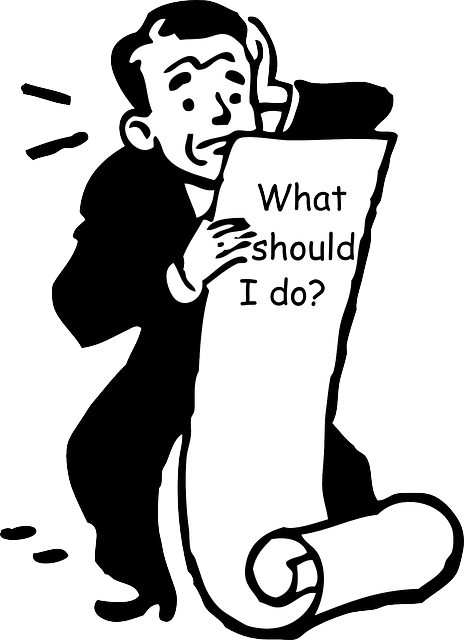Have you ever been in a meeting, minding your own business, thinking about what restaurant you might want to go for dinner tonight, when suddenly you realize all eyes have turned to you, looking for an opinion? Except that you have no idea what they were just talking about? It’s not that you weren’t paying attention. No, you really were trying to follow the conversation. It’s just that perhaps you are new to the project or to this particular market segment, and these people have been throwing around some god-forsaken set of acronyms and shorthand industry-slang because they are all so familiar with it, but you don’t have a clue what they are talking about, so you drifted off for a moment. What do they expect? You were thrown in to this situation just yesterday! You are trying to provide some kind of leadership and direction to this team, because although these strapping young engineers may have the technical acronyms down pat, it’s all too apparent that they couldn’t organize their way out of your cat’s litter box. This team needs to come to a strategic decision on the best path to move forward, but all they do is talk, talk, talk. That’s why you are there. You are the Big-Picture Guy. And you’ll get them to deliver results.
In situations like this when it seems as if I am in over my head for a moment or two, at first I get all sweaty and red in the face and think to myself how inept I am compared to these geeks. Surely they must think I’m an idiot and a big loser from the ivory towers of downtown Corporate. And how will I ever find the time to learn all of the technical details that they toss around so casually? I even become slightly envious of these subject-matter-experts, the way they have such deep experience in the matters we are discussing, these things that I have never really paid any attention to, nor cared much about at all, up until now.
There’s a name for this, when you come to realize that you don’t know something. It’s called “conscious incompetence.” This condition is a step up from “unconscious incompetence,” where you are in a state of blissful ignorance because you don’t know what you don’t know. Therefore you don’t care. But I have my own non-theoretical term for this phenomenon, when it happens to me. I call it “Feeling Stupid.”
It can be intimidating when everyone in the room knows more than you do about something, or if you find yourseld thrown into a situation where you are in over your head. But it’s not all bad. In fact, I would say that feeling stupid at work can actually be a good sign for your career. Here are some reasons why it’s okay to feel stupid sometimes.
- Feeling stupid means that you are outside of your comfort zone. You are taking on new challenges which will allow you to grow and stretch. The Conscious Competence theory would say that you will eventually move through the discomfort of feeling inept into the next stage of learning. So don’t get too uptight.
- It means you are not arrogant. The days of the puffed up ego-bloated leader is so five minutes ago, in case you haven’t been reading the business news lately. A little humility and insecurity can actually be a good thing. In fact, a Harvard Business article calls it the “Imposter Syndrome.” Most up and coming managers will go through a phase of insecurity, where they are worried that they’ll be uncovered as a fraud. So, no, it’s not just you. Take a deep breath. Relax. You’ll figure it out. And Jesus tells us that the humble are the ones that will get promoted: “..for everyone who exalts themselves will be humbled, and he who humbles himself will be exalted” (Luke 18:14). Being humble is a nice way to stay on God’s good side.
- It keeps you hungry to learn new information. The quickest way to stop feeling stupid is to learn – ask dumb questions, read books, do research, start networking, get some mentoring, and then get some good old-fashioned experience. This is ultimately how you will grow, develop, and get ahead.
- You’ll be better liked. Let’s be honest, no one wants to work with an arrogant know-it-all blow-hard (or, there is another word you probably would have liked to use. It rhymes with “aerosol”). Someone recently told me that the best manager he ever had was constantly asking for his opinion before making a decision: “Paul, what do you think about this situation? What would you do?” The boss’s respect for his expertise endeared this smart employee to his manager. Go team.
So, if you are feeling stupid, congratulations! And keep it up! You are probably on your way to a big promotion.
Do you have stupid stories of your own? I’d like to hear about it!












